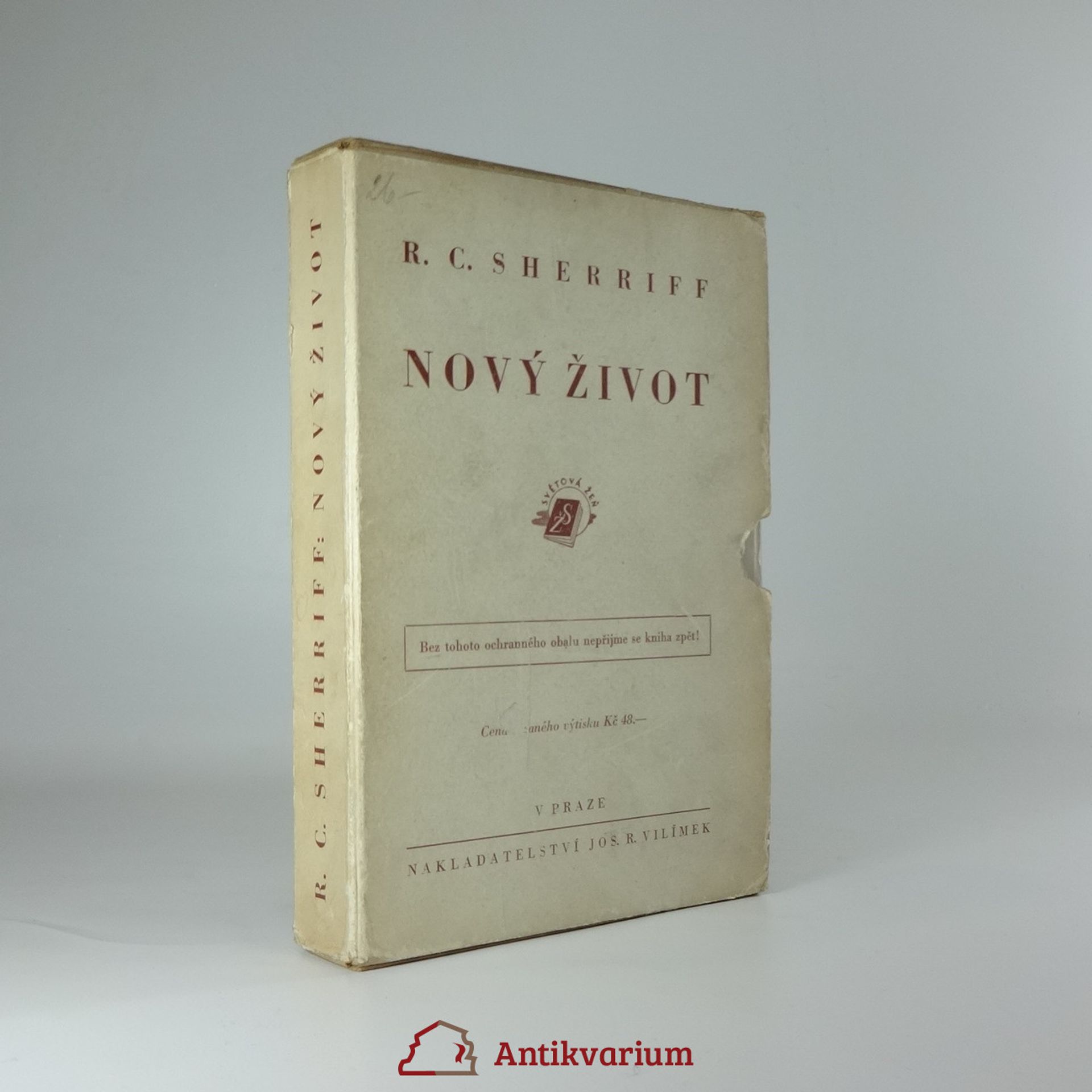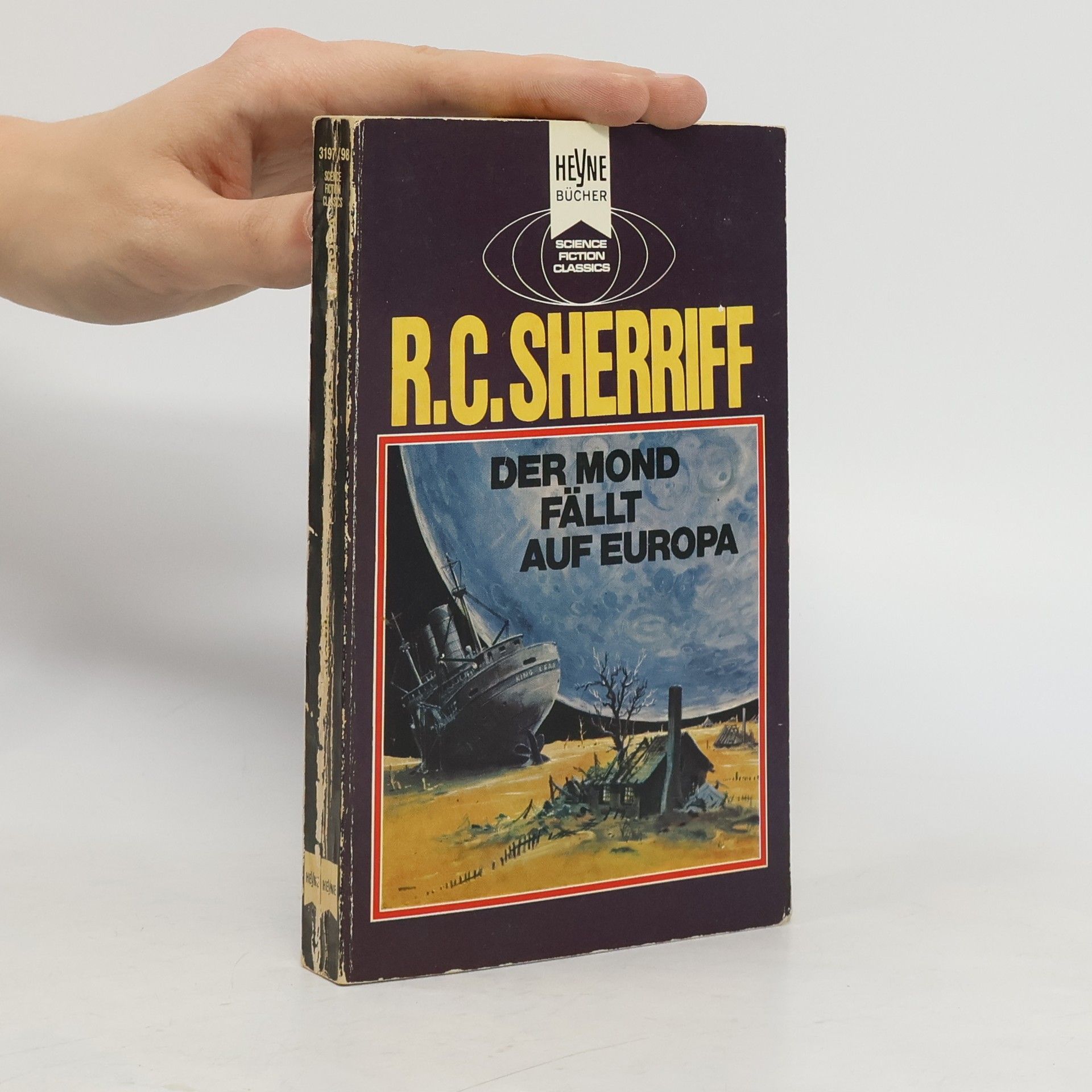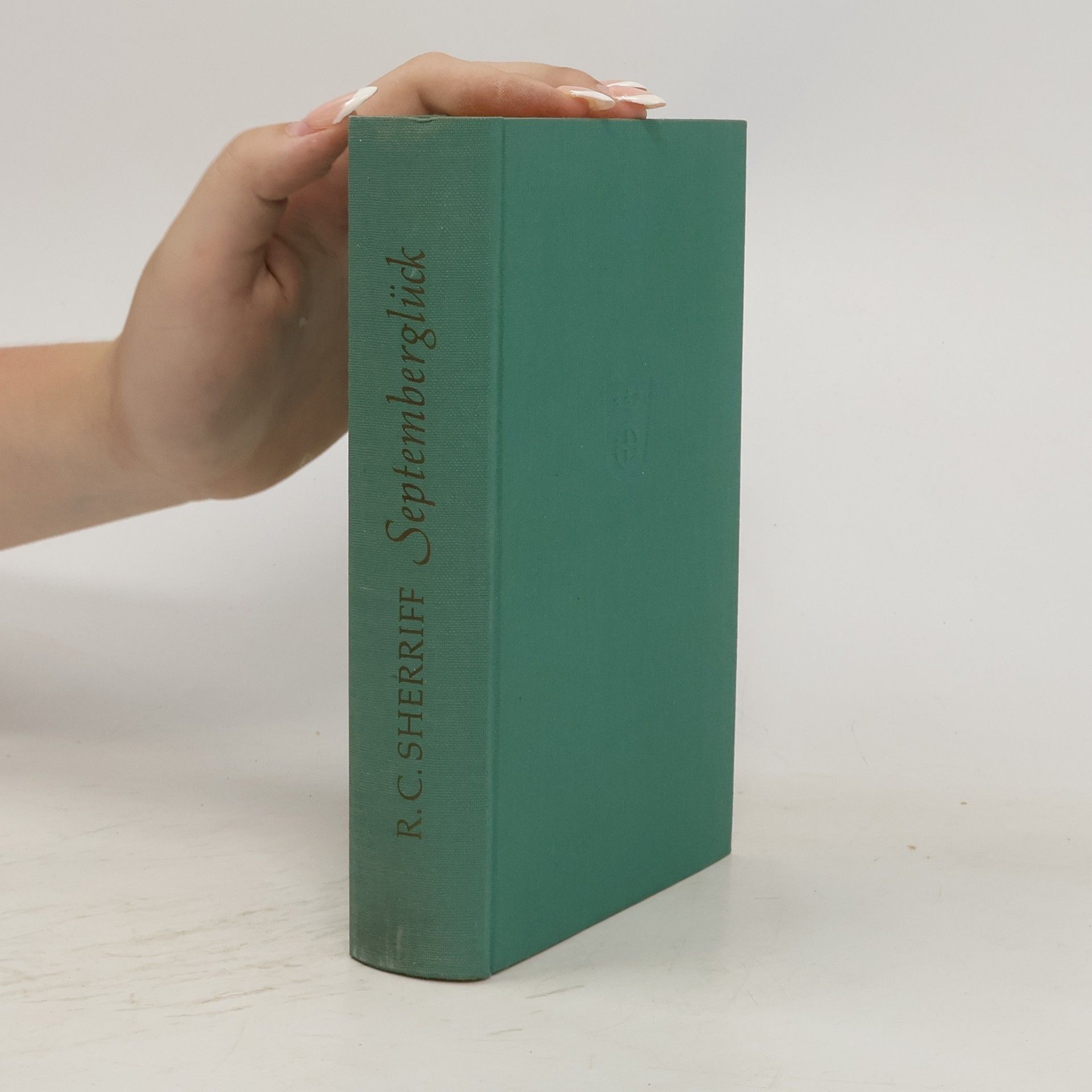The fortnight in September
- 338 pages
- 12 hours of reading
The Fortnight in September embodies the kind of mundane normality the men in the dug-out longed for – domestic life at 22 Corunna Road in Dulwich, the train journey via Clapham Junction to the south coast, the two weeks living in lodgings and going to the beach every day. The family’s only regret is leaving their garden where, we can imagine, because it is September the dahlias are at their fiery best: as they flash past in the train they get a glimpse of their back garden, where ‘a shaft of sunlight fell through the side passage and lit up the clump of white asters by the apple tree.’ This was what the First World War soldiers longed for; this, he imagined, was what he was fighting for and would return to (as in fact Sherriff did). He had had the idea for his novel at Bognor Regis: watching the crowds go by, and wondering what their lives were like at home, he ‘began to feel the itch to take one of those families at random and build up an imaginary story of their annual holiday by the sea...I wanted to write about simple, uncomplicated people doing normal things.’




